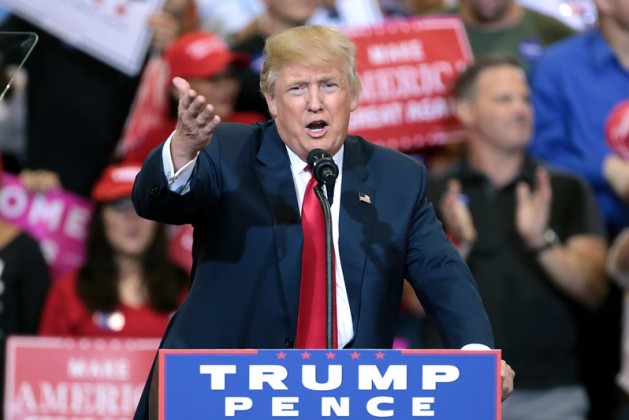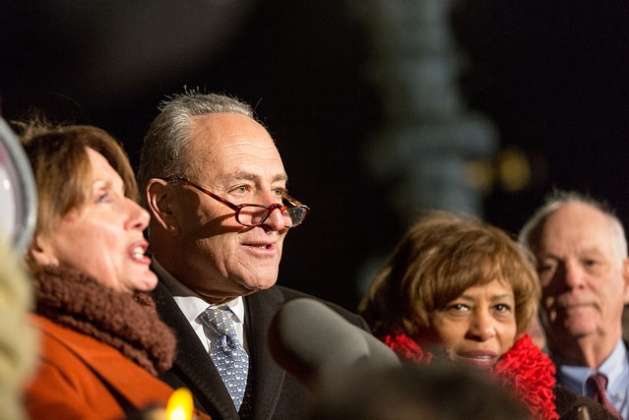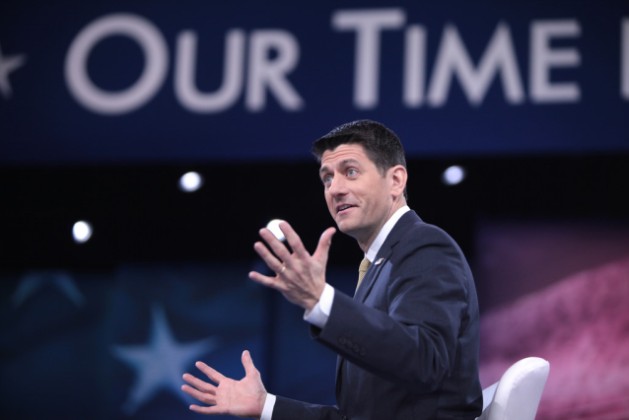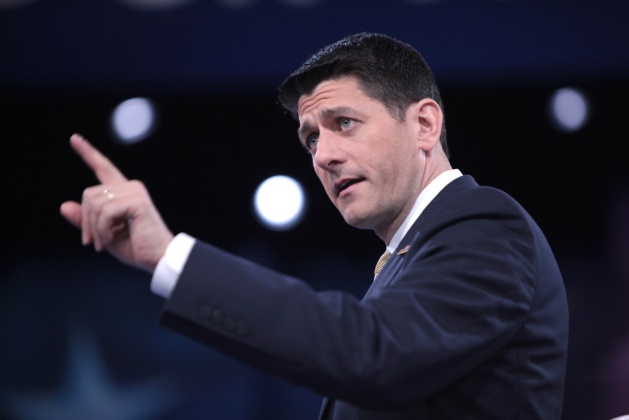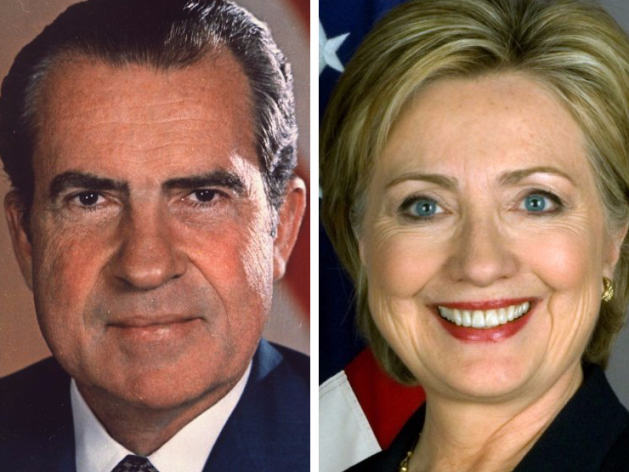Previously published at WGBHNews.org.
Hillary Clinton had seemed like the inevitable Democratic nominee for so long—not just in the current campaign, but eight years ago as well—that she tends not to get the credit she’s due for what is by any measure a remarkable accomplishment.
And it’s not just that she’s the first woman to become the presumptive nominee of a major party, though that is legitimately a big deal. She also staged a comeback unlike any in recent political history. Since her enemies like to compare her to Richard Nixon, she ought to get the benefit of that comparison as well—as she does in a piece by Peter Beinart at the Atlantic, who writes:
In purely political terms, Clinton’s victory—after losing the Democratic nomination in 2008—constitutes the greatest comeback by a presidential candidate since Richard Nixon won the Republican nomination in 1968, after losing the presidential election of 1960.
Clinton’s fall from grace eight years ago was more devastating than we might remember, Beinart argues, noting that major party figures such as Harry Reid, Ted Kennedy, and Chuck Schumer were so appalled at the prospect of a Clinton campaign that they urged Barack Obama (some openly, some privately) to run against her. Civil-rights leader John Lewis even unendorsed her and switched to Obama.
“Over the past 30 years, no American political figure has absorbed as many blows as Clinton,” Beinart writes. “And none has responded with more tenacity and grit.”
That theme is also reflected in Amy Chozick’s “how she won” story in the New York Times: “She may not be the orator President Obama is, or the retail politician her husband was. But Mrs. Clinton’s steely fortitude in this campaign has plainly inspired older women, black voters and many others who see in her perseverance a kind of mirror to their own struggles.”
Meanwhile, in the Washington Post, Karen Tumulty reminds us of Clinton’s shortcomings as a politician: “Not one for mega-rallies, she prefers small, scripted settings where she can discuss the policy intricacies of heroin addiction, mental health treatment, college debt or gun control—all the while keeping her campaign press corps at arm’s length. There have also been times when her tone-deafness could be spectacular.”
Thanks to the Associated Press’s questionable decision to proclaim Clinton the presumptive nominee on Monday evening (see this Facebook post by Bill Mitchell of Poynter), today’s headlines are anticlimactic. The print edition of the Times leads with “Clinton Claims the Democratic Nomination,” which feels like an update of Tuesday’s awkward banner: “Clinton Reaches Historic Mark, A.P. Says.” Today’s Post offers “Clinton celebrates victory,” and it’s less than a full page across. On Monday the Post went six columns with “Clinton reaches magic number for historic nomination.”
As of Wednesday morning, Bernie Sanders is vowing to stay in the race even though Clinton has now won a majority of pledged delegates as well as superdelegates, and has received nearly 3.7 million more votes. Media and political voices are strongly suggesting Sanders’s refusal to concede might change over the next few days as reality sinks in for him and his supporters.
But after reading this piece in Politico by Edward-Isaac Dovere and Gabriel Debenedetti, I’m not so sure. According to their reporting, Sanders is the chief hothead in his own campaign, continually overruling his advisers in favor of more aggression. “More than any of them,” they write, “Sanders is himself filled with resentment, on edge, feeling like he gets no respect—all while holding on in his head to the enticing but remote chance that Clinton may be indicted before the convention.”
So much for party unity. Then again, the self-styled democratic socialist has only been a Democrat for a few months.
Finally, Tuesday may have been Hillary Clinton’s day, but the presumptive Republican nominee, Donald Trump, came close to dominating it, as he does in practically every news cycle.
This time it wasn’t a matter of the cable networks giving him more attention than he deserved. Instead, there was actual news, as Republicans staged a collective freakout over Trump’s racist statements about Judge Gonzalo Curiel, as Matt Viser reports in the Boston Globe; House Speaker Paul Ryan denounced Trump’s comments as “racist” while sticking by his endorsement (“Everywhere Paul Ryan turns, there’s the smell of Trump” is the headline on Dana Milbank’s Washington Post column); and Trump himself issued a nonapology in the afternoon while delivering a rare prepared speech at night in which he viciously attacked Clinton but avoided his usual excesses.
At this point, conservatives are hopelessly divided over how they should respond to the demagogue at the top of the GOP ticket. A Wall Street Journal editorial criticizes conservatives for pressuring Ryan and Senate Majority Leader Mitch McConnell to abandon Trump, while Jonah Goldberg of National Review, a leading anti-Trump conservative journal, blasts Ryan for not being tough enough: “Because Trump did nothing to earn Ryan’s endorsement, the presumptive nominee may conclude that he needn’t negotiate with the GOP establishment; he can just count on its eventual submission.”
Meanwhile, at the Weekly Standard—whose editor, Bill Kristol, has been unsuccessfully trying to convince a conservative to mount an independent campaign—Jay Cost pens an open letter to Mitt Romney begging the former Massachusetts governor to run. Cost begins:
I write to you not as a fellow conservative, not as a fellow partisan, but as a citizen of our republic. You have served your nation admirably for many years and by any ordinary standard are entitled to a happy retirement. But these are extraordinary times, and your nation still has need of your service. I respectfully implore you to run for president as an independent candidate in 2016.
It’s not likely to happen. Even if a significant number of voters could be persuaded to support an independent, it may be too late for such a candidate to get on the ballot in enough states for it to matter. (I should note that the Libertarian ticket of former New Mexico governor Gary Johnson and former Massachusetts governor Bill Weld is in fact on the ballot in all 50 states.)
Still, Cost’s desperate plea is a sign of the straits in which the Republicans find themselves with Trump at the top of the ticket.
Someone pointed out the other day that the Iowa caucuses were just four months ago, whereas we still have five months to go before the November election. If you’re sick of this campaign, you’re far from alone. Unfortunately, we’ve just gotten started.
